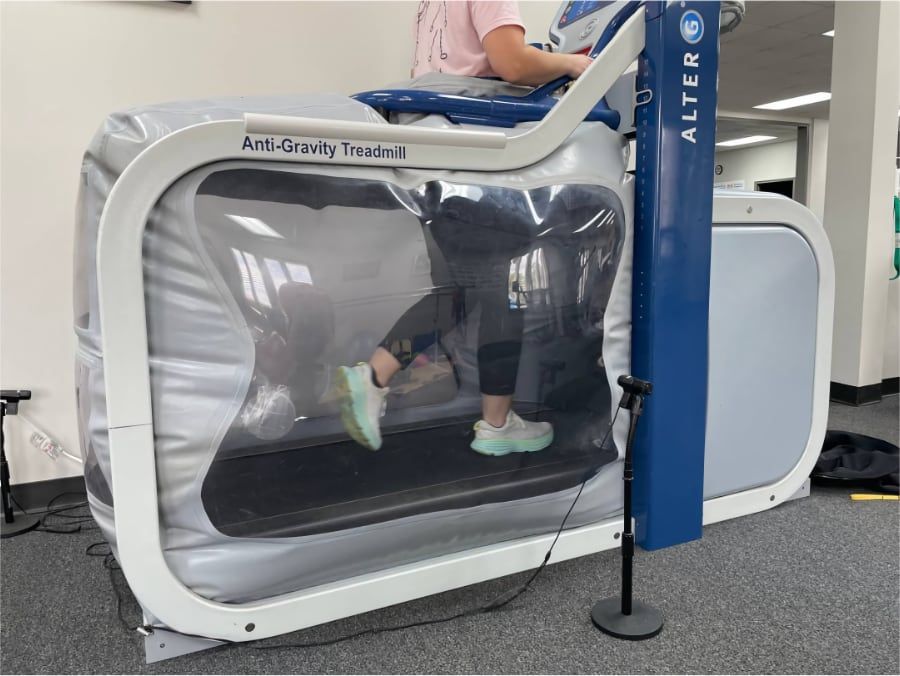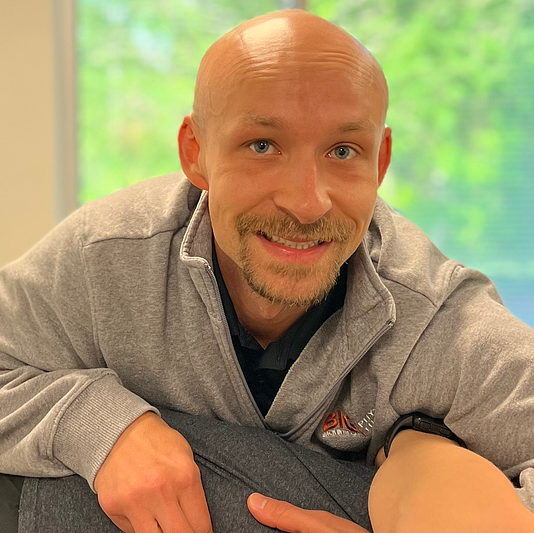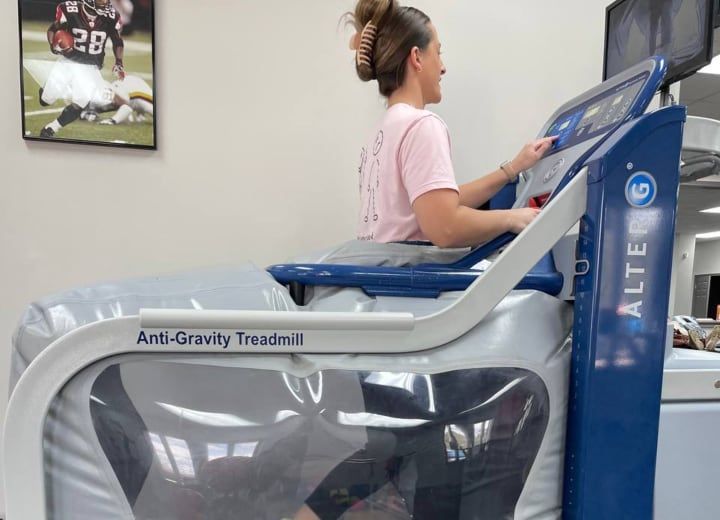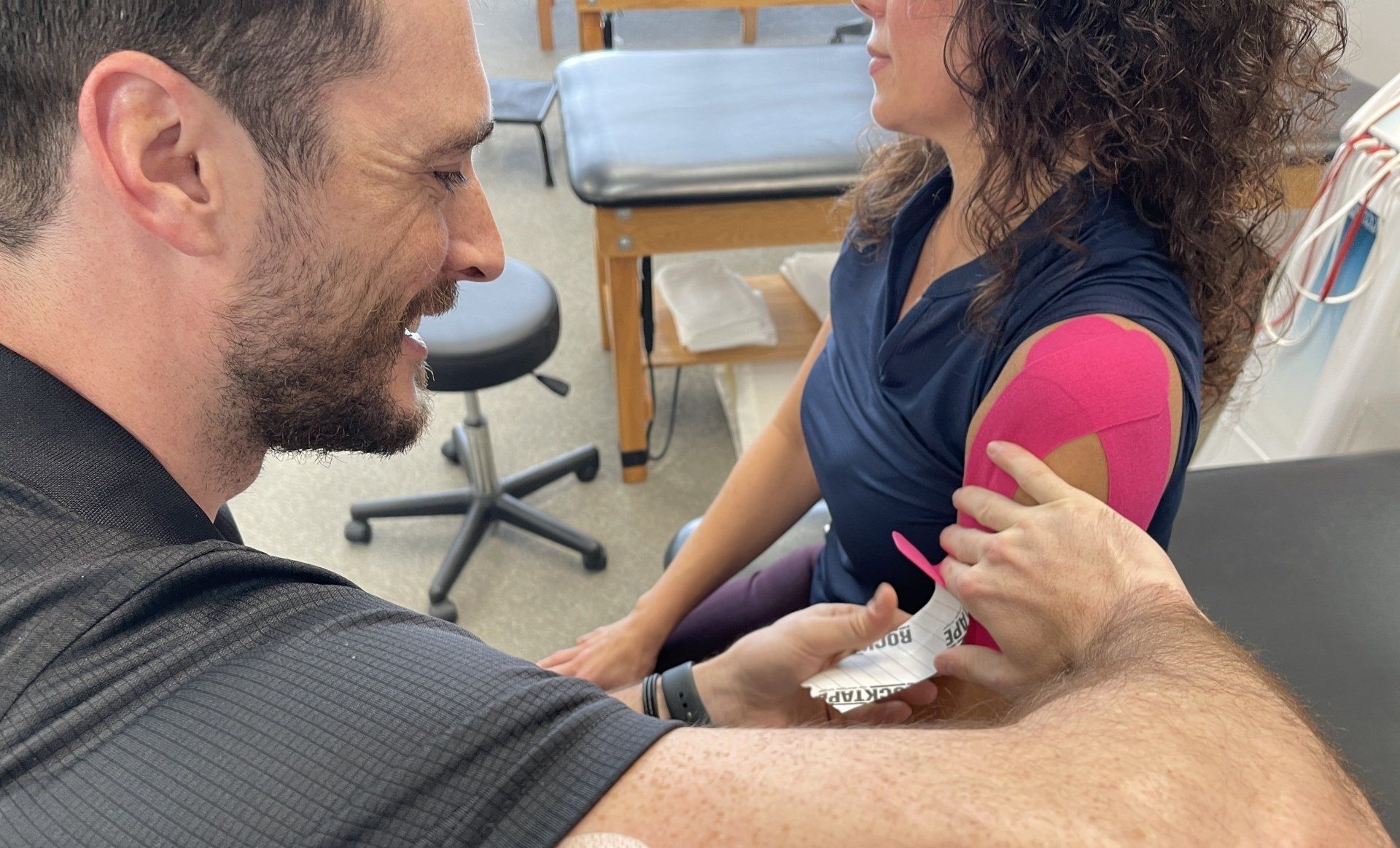Reasons You Have Ankle Pain When Running
Written by: Ben Braza
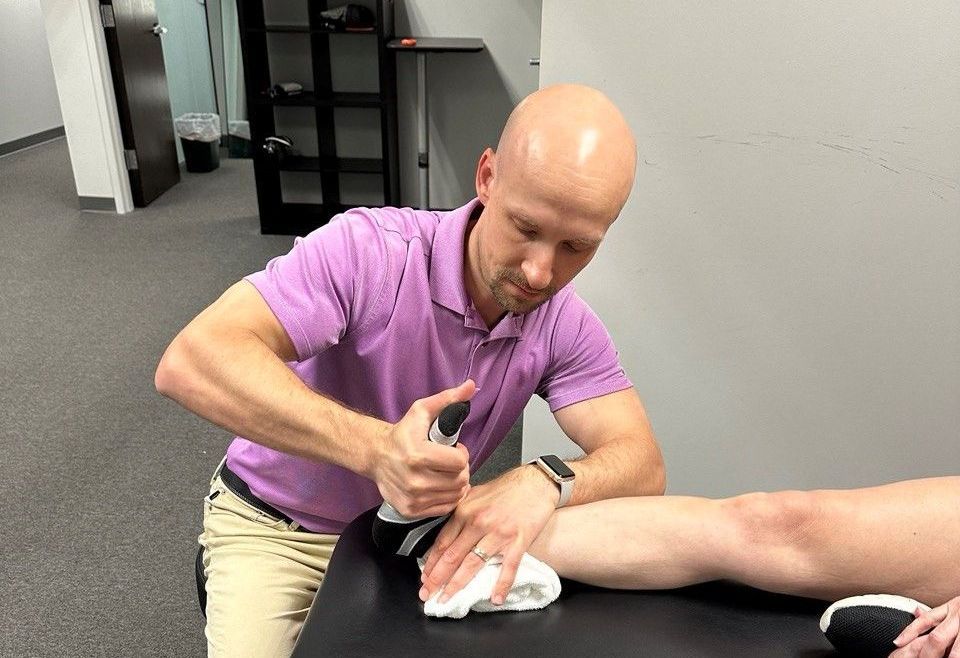
When your workout gives you ankle pain running up your legs, it can be difficult to focus on your run. However, when you experience ankle pain from running or ankle pain when running, it can be a sign of a more serious issue. In this article, we'll look at how ankles work when running, the common causes of ankle pain from running, how to recover from ankle injuries, and how to prevent further injuries in the future.
Understanding the Role of Ankles In Running
The ankle is a complex joint, allowing you to shift your weight, turn, start quickly, and stop safely. Unlike the simple hinge of a knee or elbow, or the ball and socket of the hip or shoulder, the ankle is a synovial joint that connects the feet to the two bones of the lower legs.
Much like the wrist, it performs a wide range of actions that control fine motor skills, making it easier to balance, change direction, or otherwise shift your body. Because of the complexity of the joint, it's important to pay attention to ankle pain when running, to avoid further injury.
When running, the ankle moves to help keep you stable, from the initial impact and shock absorption of the heel striking the ground to the pointing of the toes as your foot pushes off the ground again, and the entire range of motion in between. The ankle in running bears weight, remains flexible, but stays strong.
Most Common Causes of Ankle Pain from Running
Though there can be a wide range of causes for ankle pain caused by running, most are caused by a collection of five common injuries to the tissues surrounding the ankle:
Ankle Strain
An ankle strain is different than a sprain, which we'll address next, because it specifically involves tears in the tendons or muscles around the ankle. These injuries are typically caused by sudden and explosive movement, such as rapid changes in direction or sprinting. They often occur when the ankle is overstretched suddenly.
Ankle Sprain
An ankle sprain, by comparison, involves only the ligaments, or bands of tough tissue that ties the bones of the ankle together. When these tissues tear, it's a sprain, leading to difficulty bearing weight, extensive swelling, and pain. This type of injury typically happens when the ankle is turned or torqued awkwardly, causing these tissues to tear.
Muscle Tears
Some tears happen only in the muscles and are categorized that way because they do not impact the tougher ligament or tendon tissues. Muscular tears can vary in severity but are often faster to recover from because they tend to heal faster.
Tendinitis
Much like carpal tunnel in the wrist, tendinitis is a common injury of overuse. Typically found in the Achilles tendon at the back of the foot and leading to the calf muscle, tendinitis is inflammation, pain, and swelling in the ankle structure, causing morning stiffness in the ankle and pain after running.
Fractures
Fractures involve the bone tissue in your lower leg, ankle, and foot, and can cause pain in and around the ankle, especially when you are active. Stress fractures can be fairly common in running, due to the high impact of the activity, and often feel better with rest.
Best Ways to Recover from Ankle Injuries
Now that you know the most common causes of ankle pain from running, here are the best ways to recover from your injury:
Rest
Start by resting the ankle, keeping it elevated to help reduce swelling. If you're concerned about your activity level, switch to swimming or cycling to reduce the impact on your ankle so that it can recover. Compression may also be used at this time to reduce swelling and provide support.
Ice Packs & Heat Pads
As soon as possible, apply ice for 15 minutes, then remove it for 15 minutes, and continue this cycle as you can for 24 to 72 hours. This reduces swelling in the initial period after the injury. After three days have passed, use heat pads as needed to help control pain and speed healing.
Physical Therapy
To start back on your feet, you may want to consider physical therapy to regain motion and strength safely. A physical therapist will help you find exercises that work for you so that you can minimize your downtime. This may also include massage therapy and other forms of physical therapy.
Alter-G
One form of physical therapy your BIG physical therapist may recommend is utilizing the AlterG® Anti-Gravity Treadmills®, which uses NASA technology to reduce your effective body weight to as low as 20%, minimizing stress on your joints and other injured areas. This makes it an excellent option for runners suffering from ankle pain or those who need to maintain their fitness while minimizing pain and further injury risk.
At Back in the Game Physical Therapy, we’re proud to offer Alter-G Anti-Gravity therapy at our Flowery Branch location, providing a state-of-the-art option to help you get back on your feet faster.
How to Prevent Ankle Injuries When Running
The best way to avoid an ankle injury is to not get one, and these tips will help ensure that you stay in top form:
Choose the Right Shoe
Select a shoe with proper cushioning, fit, and support for your foot. The shoe should be snug, but not too tight, while supporting the rest of the foot.
Stretch Properly
Stretching properly after a brief warmup allows your muscles and tendons to stretch instead of breaking, reducing injuries. Consider adding strengthening exercises for your ankles.
Utilize Proper Running Techniques
Always use proper running techniques when training. Increase gradually, take time to warm up and cool down, and pay attention to any ankle pain when running.
How to Strengthen Your Ankles
There are a range of exercises that help strengthen the muscles, ligaments, and tendons in and around your ankle:
Balance Exercises
Exercises that improve your balance while standing will strengthen your ankles, starting with the many tiny muscles used for balance.
Lunges
Lunges are used to shift your weight between points and provide a smooth acceleration and stop of motion, strengthening your ankle's ability to deal with this type of motion.
Get Help for Your Ankle Injury at BIG
Ankle pain from running can come from a wide range of issues, so it's important to have the injury treated and then begin building back up sensibly. If you need help getting back on the field, BIG Physical Therapy can get you there. Please contact us today to get started!
About the Author
Ben Braza
Clinic Director in Suwanee
Specialities: Post-operative surgical rehab, sports injuries, shoulder, cervical and lumbar pain, dry needling, manual joint manipulations and functional movement
Certifications: Titleist Performance Institute for medical professionals (TPI), and FMS (functional movement screen) certified
Location(s): Suwanee, GA
Contact
Request an appointment
